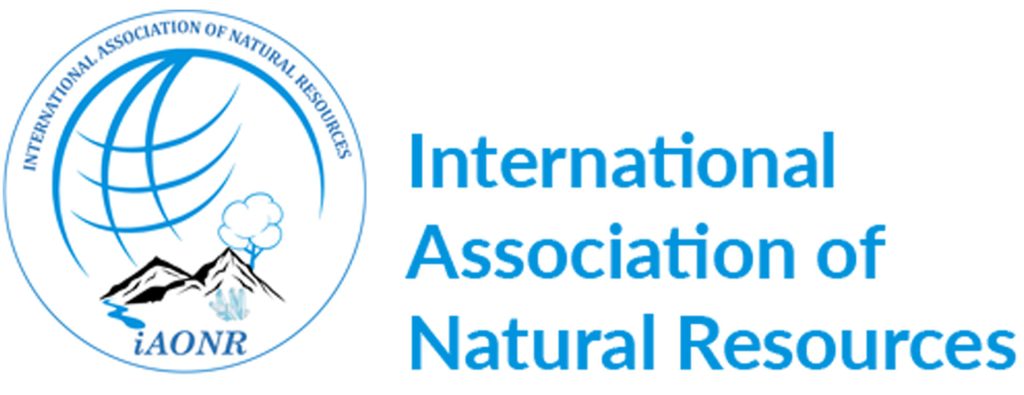About BRPL
The Branch of Resources Policy and Law (BRPL) is a key priority area of the association dedicated to addressing the governance, legal frameworks, and policy challenges surrounding the sustainable and equitable management of natural resources. As global demand for resources intensifies amid climate crises, geopolitical tensions, and social inequalities, BRPL plays a central role in shaping fair, transparent, and science-driven policies to ensure resources are managed responsibly for current and future generations.
- Key Importance of BRPL:
- Legal Frameworks for Sustainability:
BRPL develops and advocates for robust legal systems to govern resource extraction, allocation, and conservation, ensuring compliance with environmental and social safeguards.
- Conflict Mitigation:
It addresses disputes over resource ownership, access, and usage (e.g., water rights, mineral extraction, land tenure) by promoting equitable legal solutions and stakeholder dialogue.
- Policy Alignment with Global Goals:
BRPL aligns national and regional resource policies with international agreements such as the UN Sustainable Development Goals (SDGs), the Paris Agreement, and biodiversity treaties.
- Economic Stability:
By regulating resource markets and preventing exploitation, BRPL fosters stable economies and reduces risks of corruption, resource hoarding, and market monopolies.
- Social Justice:
It ensures marginalized communities, indigenous groups, and vulnerable populations have legal protections and participatory rights in resource-related decisions.
- Climate Resilience:
BRPL integrates climate adaptation and mitigation principles into resource governance, such as carbon pricing mechanisms or regulations on deforestation.
- Core Business Activities:
- Policy Analysis and Development:
Conducting research on resource governance trends, policy gaps, and regulatory impacts.
Drafting model legislation for sustainable mining, water management, energy transition, and circular economy practices.
- Legal Advocacy and Reform:
Advising governments on updating or harmonizing laws related to land use, fisheries, forestry, and energy.
Advocating for legal frameworks that criminalize environmental crimes (e.g., illegal logging, wildlife trafficking).
- Capacity Building:
Training policymakers, judiciary bodies, and civil society on resource law, compliance, and enforcement.
Developing toolkits for conflict resolution, community consent processes, and environmental impact assessments.
- Cross-Border Collaboration:
Facilitating international agreements on transboundary resource management (e.g., shared river basins, offshore oil reserves).
Partnering with organizations like the UN Environment Programme (UNEP) or International Union for Conservation of Nature (IUCN) to promote global standards.
- Compliance and Enforcement Support:
Monitoring adherence to resource-related laws and treaties.
Assisting governments in implementing penalties for non-compliance and incentivizing sustainable practices through subsidies or tax reforms.
- Public Engagement and Transparency:
Promoting open-data platforms to track resource licenses, revenues, and environmental footprints.
Empowering communities through legal literacy programs to challenge unfair resource allocation or environmental harm.
- Innovation in Resource Governance:
Exploring legal frameworks for emerging issues like deep-sea mining, digital resource tracking, and green intellectual property rights.
Advising on policies to scale renewable energy adoption while balancing ecological and social trade-offs.
The Branch of Resources Policy and Law (BRPL) is indispensable in navigating the intricate interplay between resource exploitation, environmental stewardship, and human rights. By bridging law, policy, and ethics, BRPL ensures that natural resources serve as pillars of sustainable development rather than sources of conflict or degradation. Its work fosters a future where legal systems empower societies to manage resources equitably, transparently, and in harmony with planetary boundaries.
Co-Chairs:
- Desheng HU, Chongqing University, China
Email: deshenghu@hotmail.com
Board Members:
(The list is arranged in alphabetical order and updated)
Under construction
Some websites highly related with this branch:
Any iAONR member can join this section. Log in to your iAONR account in order to sign up.
Are you not a member yet? Find out more about iAONR membership and become a member now!
